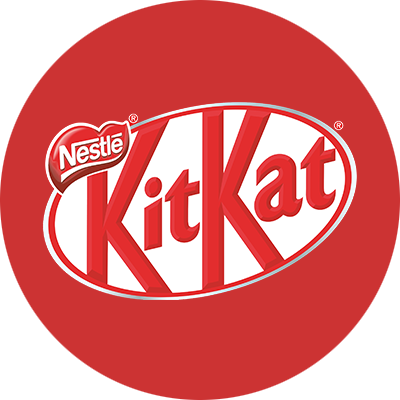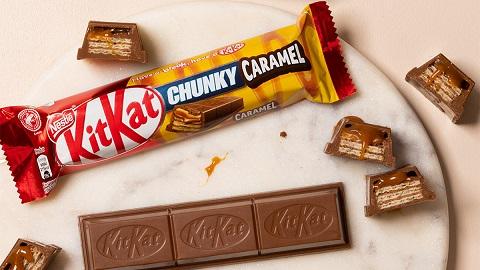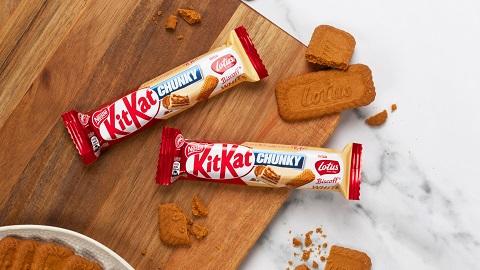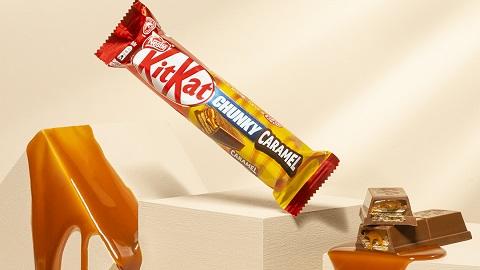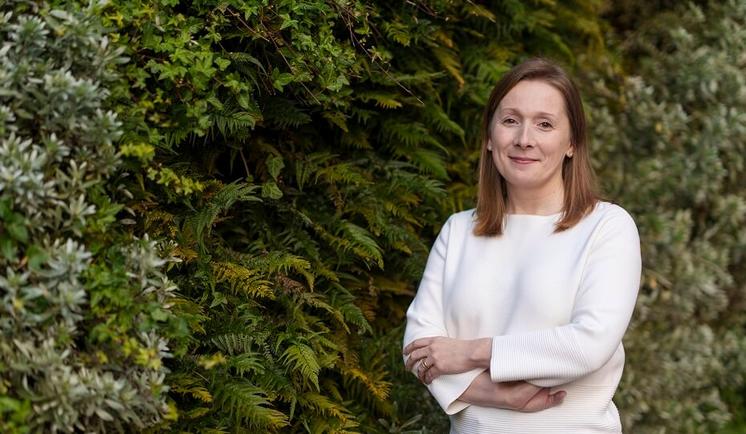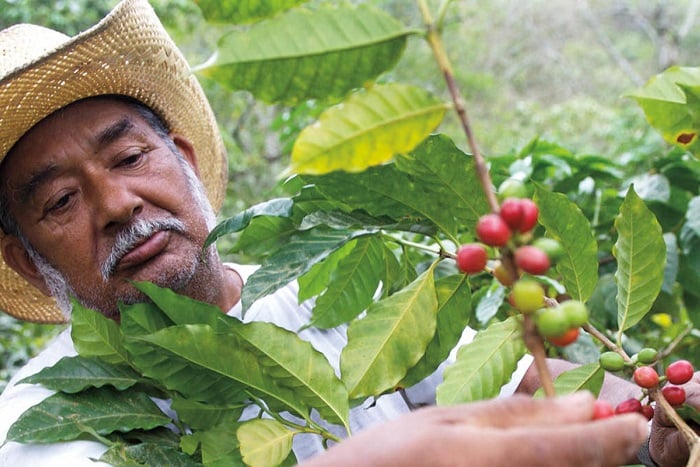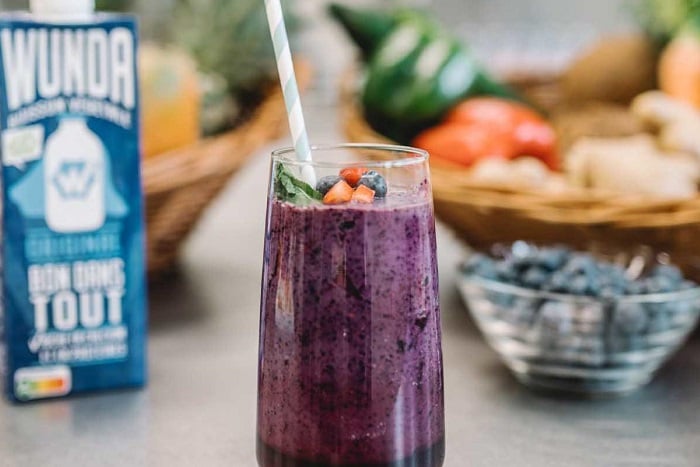
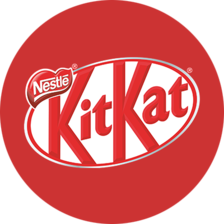
KitKat
Have a break, have a KitKat
KitKat is a delicious balance of creamy milk chocolate and crisp wafer fingers. Invented in York in 1935 as 'Rowntree's Chocolate Crisp', the name 'KitKat' was adopted a couple of years later. The brand has gone on to become a worldwide phenomenon, with 17 billion KitKats eaten across the globe every single year.
Created originally as a four-finger bar, the top-selling two-finger product was added to the range in the 1960s before a third format, KitKat Chunky, was launched in 1999.

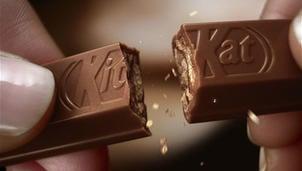
KitKat has continuously innovated over the years, introducing a series of flavour variants ranging from classics such as mint and orange to cookie dough and salted caramel popcorn.
York is still the home of KitKat,
with around 4.5 million bars made every day.
KitKat facts:
- In 2010 Guinness World Records certified KitKat as the world's most global brand. It is now manufactured in 14 countries and sold in over 70 territories around the world.
- In the UK alone more than one billion KitKat products are eaten every year.
- The iconic Have a Break, Have a KitKat strapline has been used continuously since 1958.
- All KitKat products are made using 100% certified sustainable cocoa, sourced through the Nestlé Cocoa Plan in conjunction with the Rainforest Alliance and contain no artificial colours, flavours or preservatives.
- Kit Kat was originally the name of a 17th Century literary and political club that met in the pie shop of a pastry cook called Christopher Catling.
- In Japan, KitKat is considered lucky and has been made available in more than 300 weird and wonderful flavours including purple potato, green tea, pumpkin and sake.
KitKat & sustainability
KitKat in the UK and Ireland has been using certified sustainable cocoa since 2009. In 2015, KitKat became the first confectionery brand to use 100% certified sustainable cocoa in all its products globally.
In conjunction with the Rainforest Alliance and other partners, Nestlé and KitKat are working to improve the livelihoods of cocoa farming families, tackle child labour and advance regenerative agriculture practices through the Nestlé Cocoa Plan and the innovative living income programme.
Packaging innovation
KitKat have introduced wrappers made with 80% recycled plastic. These wrappers can be recycled at 4,000 supermarkets across the UK - and placed in household recycling in the Republic of Ireland. The rollout will begin in October 2022 on the brand's flagship 2-finger products, before being extended across the entire range by the end of 2023.
The new KitKat packs will feature the Recycle At Store On-Pack Recycling Label (OPRL) – a UK labelling scheme established by the British Retail Consortium (BRC) to help consumers correctly reuse and recycle more material.
In practice, this means that KitKat will produce fewer carbon emissions, reduce their impact on the environment and decrease their use of virgin plastic, while KitKat is also helping to stimulate demand for recycled food-grade plastic and support the shift towards a circular economy for plastics.


